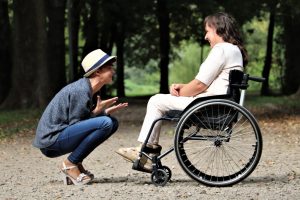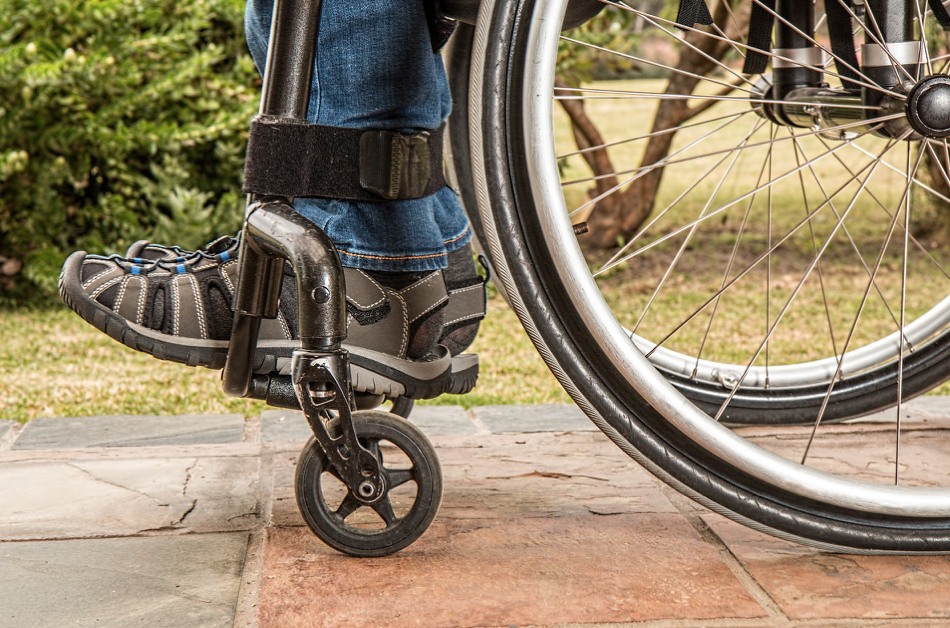If the professional expert scheduled to testify at the hearing had a reputation for being an “anti-claimer,” the applicant would have to hire their own professional expertise.
A vocational expert plays a very important role in the hearing on disability in the field of social security. A vocational expert is an expert who knows about the availability of jobs in the current job market as well as the skills required to perform particular tasks.
A vocational expert has knowledge, experience, and background needed to analyze your capacity to do your job from home. These assessments provide precise information to the judge as to the limitations of your ability to earn a living and support medical documentation as to the severity or durability of an inactive health condition.
At the SSDI hearing, a Vocational expert may present evidence to the amount of money you earned prior to the onset of injury or health problem and the subsequent impairment. The expert testifies to the type of work you were able to do prior to your injury or disability. For certain cases, a qualified specialist can examine your past work experience and skills for more than ten years.
Vocational Expert Impacts the Social Security Disability Process
The final stage in a disability claim is a hearing before a judge of constitutional law. Upon two refusals, you will petition the judge to make a decision on your case. A professional expert may be requested to attend the hearing. In response to questions raised by the judge of administrative law, the professional expert shall give his or her opinion. The specialist will explore what sort of work he or she thinks you should do.
Vocational expert evidence typically decides the outcome of your disabilities lawsuit, and it plays a negative part in your impairment hearing.

Based on the medical reports given and the restrictions stated, the qualified specialist can conclude that there is no work at all that you can perform. The findings of a qualified specialist will help make or break a disability lawsuit.
Using a number of questions referred to as hypotheses, your attorney and the judge will gather the proof required to evaluate whether you meet the requirements set out in the SSA Guidelines to be disabled.
Vocational Expert Can Impact Your Disability Claim
You will be asked questions by the judiciary and your lawyer about your disability as well as your work history at the disability hearing before the judge. The qualified specialist should listen to your answers and describe each of your past work.
The qualified specialist can show that you can do any of those previous jobs and whether you are unable to perform that kind of work, whatever expertise you have will be applied to. Your counsel and the disciplinary judge will ask the qualified specialist a specific request on the grounds of the reported disabilities.
Using Vocational Experts in Social Security Disability cases
The Social Security Administration allows applicants to bring their own specialists to give testimony at their hearing. If an applicant has their own professional expertise to evaluate them, the evidence of a professional expert may be used against that of a government professional called by the Social Security Administrative Law Judge.
Claimants are informed before their hearing date whether a professional expert will be available at the proceeding. The name of the professional expert shall be provided. If the professional expert scheduled to testify at the hearing had a reputation for being an “anti-claimer,” the applicant would have to hire their own professional expertise.


Join the conversation!